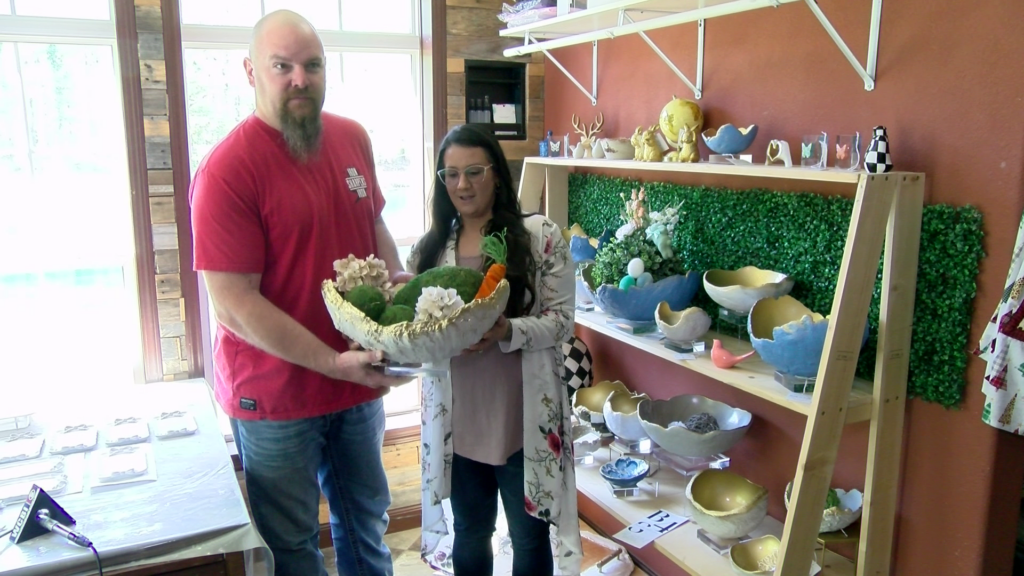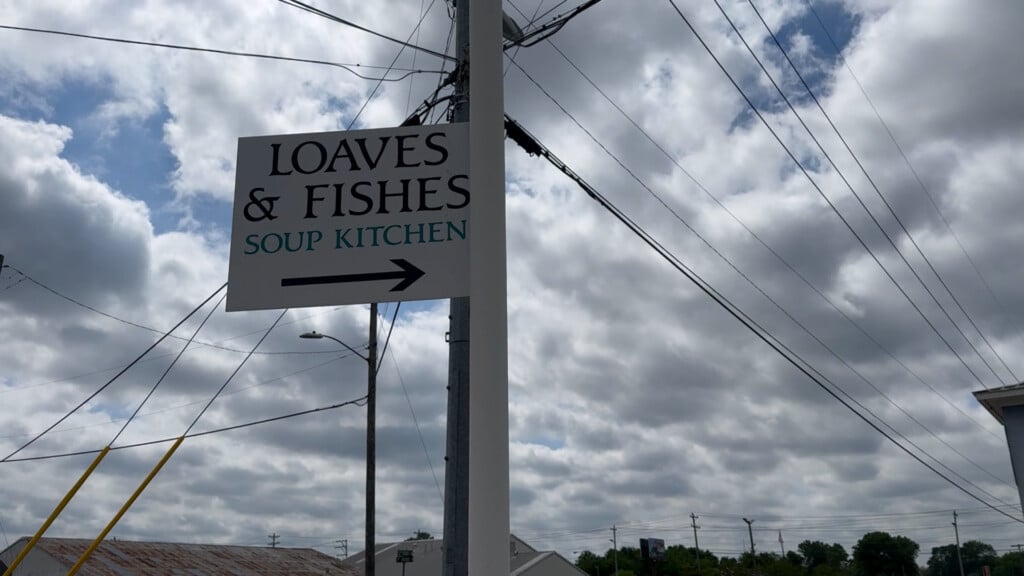Doctor pans U.S. government's handling of coronavirus outbreak
Emergency care physician Dr. Ron Elfenbein joined the chorus of health care workers criticizing the U.S. government for its response to the coronavirus pandemic, just a day after the nation’s top health experts testified that rebuilding American confidence in health infrastructure was crucial to recovery. Elfenbein said the government “dropped the ball” on preparing for the pandemic, and called the shortage of critical personal protective equipment (PPE) for front-line workers a matter of “national security.”
“It’s totally inexcusable that we were not prepared … on the state, federal and local levels,” he told CBSN anchors Vladimir Duthiers and Anne-Marie Green. “We didn’t have a stockpile of N95 masks. We didn’t have a stockpile of ventilators. We didn’t have the PPE that we need — the gowns, the gloves, the masks, everything.”
He said it was “inexcusable” that frontline workers in New York City, the pandemic’s epicenter, have resorted to wearing “garbage bags” instead of the adequate PPE.
“We still can’t get enough PPE because all this stuff is produced in China. So I would say that this is a national security issue,” Elfenbein said.
Maintaining control over America’s PPE supply chain is in the “national interest of this country,” he argued, and said items like masks should be produced in the U.S. and stockpiled for emergencies such as this.
The Spanish flu pandemic that ravaged the country saw an even deadlier second wave, over a century ago.
A second coronavirus wave is “inevitable,” Elfenbein said.
To prepare for the resurgence, Elfenbein said there were three key ways the government should “spend its time and money”: infection source control, testing and vaccine development.
He pointed to Seattle, which implemented strict lockdown rules, as an example of how to manage a resurgence of COVID-19 cases.
Seattle’s roughly five-week lockdown was successful in bringing the number of confirmed virus cases down. During their gradual reopening, cases began to rise again.
“But what they did, which was key,” Elfenbein explained, was “tracing.”
“Everybody who got sick, they isolated, they quarantine and then they traced every single person that came in contact with that person,” he said.
Life and technology have changed significantly since 1918. Sill, Elfenbein argued, it would be wrong to “learn nothing from history,” if only in the failure to prepare for further pandemics.
“Why aren’t we learning from ourselves from 100 years ago? What happened?” he wondered.
Watch more of Dr. Ron Elfenbein’s interview on CBSN in the video at the top of this page.





Leave a Reply